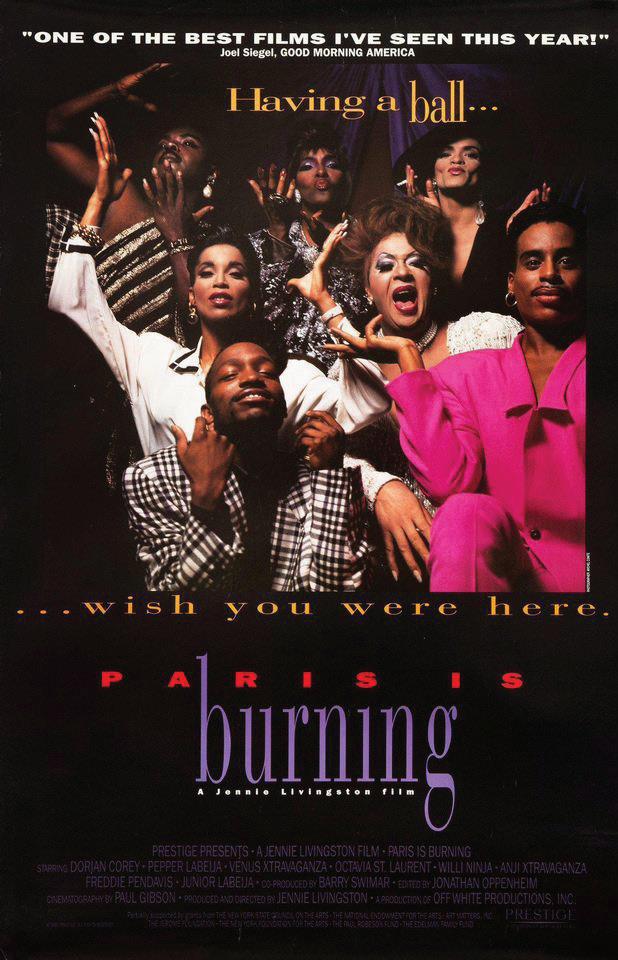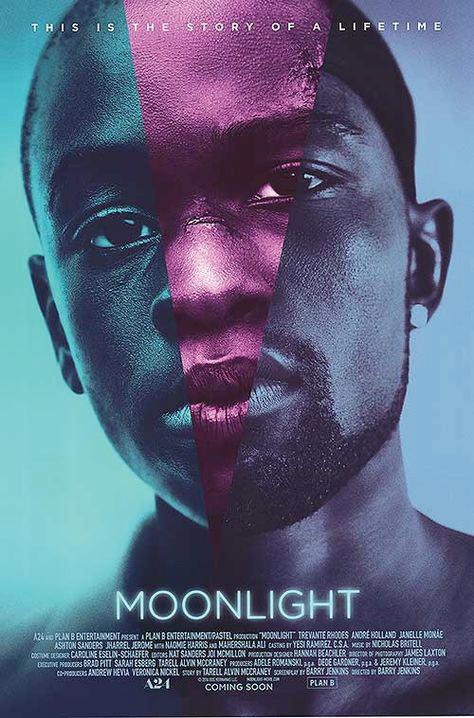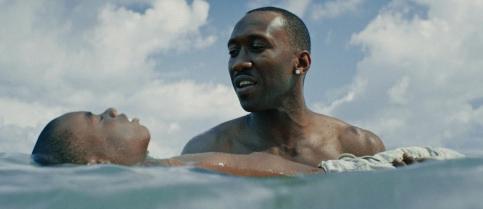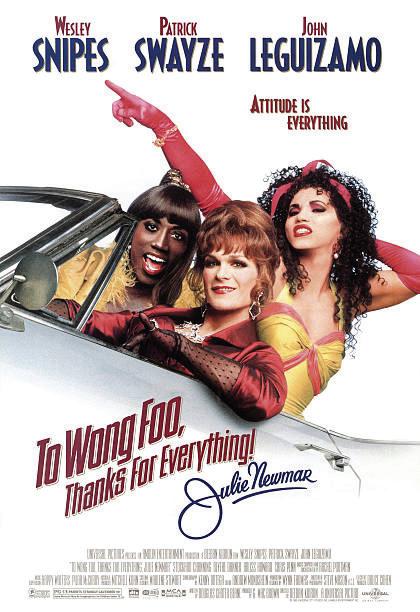
3 minute read
Closet Cinema: The Closet is Burning
Kheyla Janai Lindsey
Movies are really important, but what’s more important is the effect they have on the people watching them. In this very 1st edition of what I’m calling “Closet Cinema”, I want to introduce five films about queerness, and highlight the significance of these films on not only the queer community itself, but also the idea of queerness they have constructed for non-queer folks. Does the movie demonize queer people? Does it paint their stories realistically? Are the actors even queer? These are all important questions, because while queer people know themselves and their community, non-queer people who don’t know might hold negative biases. Though their opinions shouldn’t matter, their comments and actions might have real impacts depending on the way they are presented. The movies I’ve decided to watch, review, comment on and potentially critique are “household” queer films that are either more recent or popular. (I will try my best at keeping spoilers to a minimum).
Advertisement
Paris is Burning (1990) by
Jennie Livingston; 98% Rotten Tomatoes
A documentary that should be a right of passage for every queer person (and really everyone else in today’s society). Set in New York in the late 80s, the film takes us into the lives of Queer Black and Latines making names for themselves in the Ball community. If you’re new to queer media and see terms that seem unfamiliar, this is the right documentary to watch, because it has chapters that touch on key terms used within the community. In this beautiful yet tragic tale, we see the lives of young BIPOC and their new found family after they were shunned by their original “family”. The film is so personal that the viewer often finds themselves rooting for the characters. This documentary is the epitome of the queer experience for Black and Brown people: so much of today’s culture and slang originates from peak 80s ballroom culture that it’s only fair to pay homage and give credit to the og’s! I also think it’s so beautiful how a lot of the people that the film centered around aspired to make names for themselves outside of the ballroom world and were able to with the help of this documentary.
by BarryJenkins;


98% Rotten Tomatoes
I think this quote encapsulates Chiron’s and many other Black men’s experience of being queer. Although he doesn’t have a father, Chiron is able to have a semi-postive male figure, Juan, who helps him in his journey at a young age, and doesn’t turn away
In this film set in the 1980s in Miami during the war on drugs, we follow the life of Chiron as he struggles to find himself. The story is told in 3 parts – Chiron as a child, as a teen, and as an adult. While trying to find who he is, his main struggle involves grappling and coming to terms with his sexuality. Though the director is not queer himself and has stated it for the record, this film doesn’t center itself around JUST a queer man: it centers itself around a queer Black man and the experience these two identities combine to create. The film portrays homophobia within the Black community, poverty, drug sale, abuse, and how difficult being a single mother can be sometimes. In “Paris is Burning”, Pepper LaBeija shared advice that his father had given him, “You have three strikes against you in this world. Every black man has 2... that they’re black and male. But you’re black, and you’re a male, and you’re gay. You’re gonna have a hard fucking time. But he [my father] said,
This movie tells the story of 3 drag queens traveling across the country to compete in a beauty pageant in Hollywood. Vida and Noxema Jackson, as experienced drag queens, take newcomer Miss Chi-Chi Rodriguez under their wing and use the money they have won in a previous competition to drive her to the pageant. Along the way, as they encounter problems, they seek shelter in a small country town while repairing their car. The townspeople, unaware that the three are drag queens, end up accepting them as one of their own and learning much from these “city girls”. The three have completely different personalities, and Miss Chi-Chi is the complete opposite from the other two since she’s “new school” while the others are “old school”. Vida and Noxema go for a more elegant and classy look, while Chi-Chi’s look is more 90s, more bold and colorful.

Contributors
Adia Smith
Ava Moseley
Emily Thompson
Gillian Skidmore Harper Harper Hayley Fenton
Kheyla Janai Lindsey
Kyle Hooker
Madison Middleton Miles Asare
Laura Wood
Nerjes Azzam
Oliver Buzzard Regan Olusegun Thalia Myers-Cohen
Editor in Chief
Sophia Cole ‘25
Rose Saint-Clair ‘24
Gayathri Mantha ‘25
Creative Director
Jordan Saint Louis ‘24
Amanda Martins ‘25
George Shi '24.5
Staff Members
Managing Director
Ali Shuaib ‘25
Sam Surks ‘25.5
Digital Director
Zoe Gieger ‘25
Business Director
Camilo Gonzalez-Williamson '24
Full-Time Designer
Sophie Maris ‘26
Harper Harper '24.5
Ava Moseley ‘25.5
Copy Editor
Sylvie Lyu ‘24
Lili Platt ‘25
Full-Time Photographer
Olivia Irwin-Pokorny '26.5
Evelyn Rodriguez '26
Full-Time Writer
Emily Thompson ‘23
Laura Wood ‘25
Kheyla Lindsey ‘26










